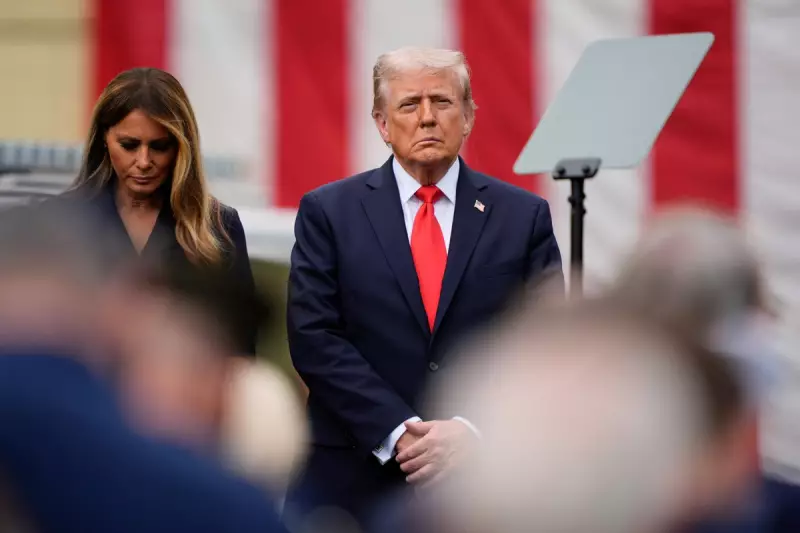
Donald Trump's flagship Washington DC hotel, which once served as a hub for his political allies and foreign dignitaries, has been sold at a colossal loss, raising further questions about the former president's controversial tenure.
The Trump International Hotel, located in the historic Old Post Office building on Pennsylvania Avenue, has been acquired by the Miami-based investment firm CGI Merchant Group for $375 million. This figure represents a dramatic devaluation from its previous worth, translating to a loss of over $100 million compared to what the Trump Organization had reportedly hoped to fetch.
A Hub of Political Activity Under Scrutiny
During Trump's presidency, the property became a focal point for ethics concerns. Critics argued it created glaring conflicts of interest, as foreign governments, lobbyists, and political groups frequently booked events and rooms there, potentially seeking to curry favour with the administration.
The House Oversight Committee has been conducting a deep dive into the financial dealings of the hotel. Their investigation revealed that the Trump Organization received more than $3.7 million from foreign governments during his time in office, a potential violation of the US Constitution's Emoluments Clause.
The Aftermath and Ongoing Fallout
With the sale finalised, the iconic building is now slated to be rebranded as a Waldorf Astoria. However, the financial and legal drama is far from over.
Congressional investigators are now examining whether the terms of the sale itself present any new ethical or legal breaches. The committee is scrutinising whether the buyer might have overpaid for the property, a move that could be interpreted as a way to indirectly benefit the former president.
This sale marks a significant moment, closing a chapter on one of the most symbolically potent and ethically fraught properties in modern American politics, even as its legacy continues to be unpicked by lawmakers.





